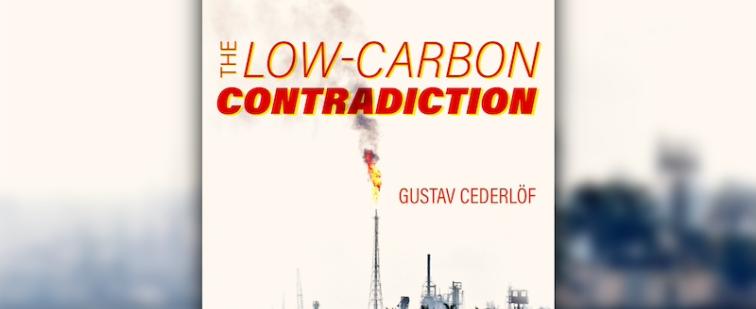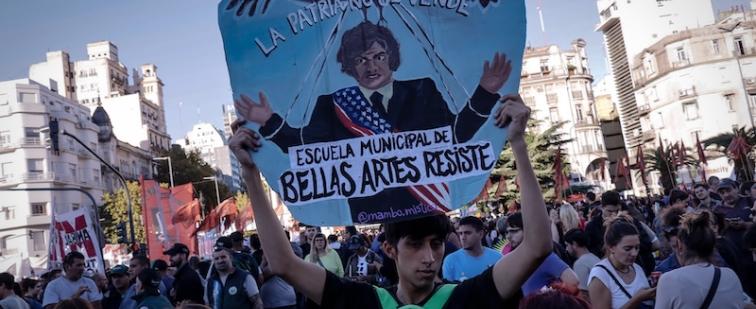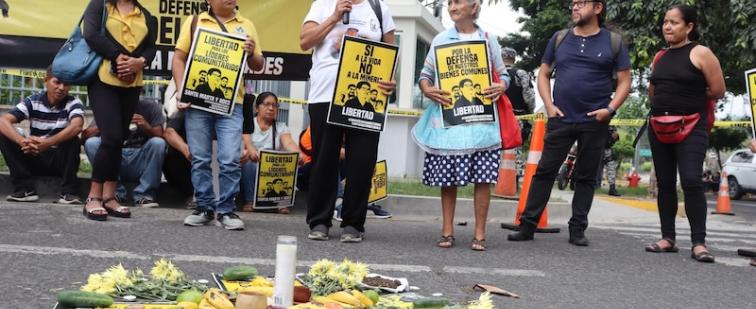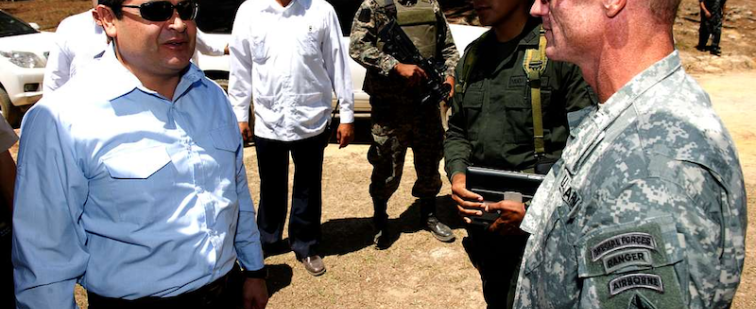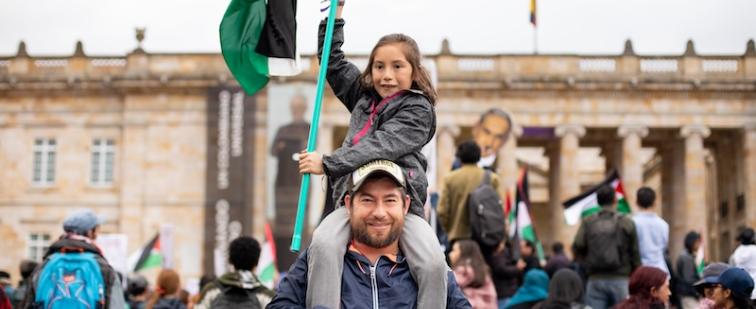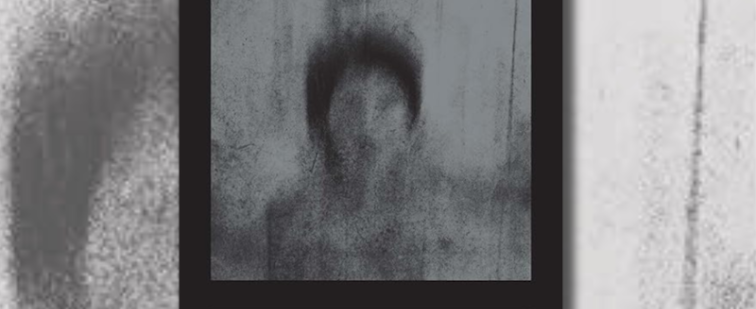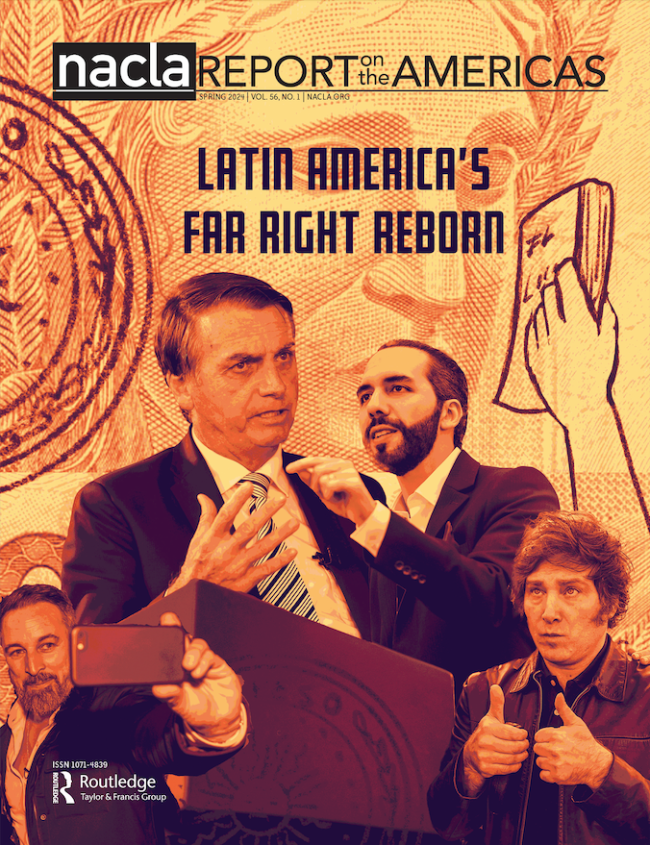Home
When Salvadoran President Mauricio Funes took office in 2009 his administration promised to tackle crime in all its forms through social prevention, law enforcement, rehabilitation, victim support, and institutional and legal reforms. However, after attacks on two buses in San Salvador on June 20, which killed 17 people, the Funes administration resuscitated old and failed iron-fisted policies towards street gangs, who officials say were behind the killings. With a surprising capacity for historical amnesia, the government is now abandoning its previous reservations about gang suppression and argues that the current bloodshed requires radical measures.
On January 12, 2010, for 30 seconds the earth shook and reduced Haiti—a nation already struggling with the historical weight of slavery, underdevelopment, imperialism, and intense internal divisions—to rubble. Haiti dominated the airwaves and cyberspace for weeks, bombarding world citizens with words and images at once contradictory, controversial, consuming, and ultimately confusing: The earthquake seemed to have as many meanings as people with access to a blog. In the newest edition of NACLA Report on the Americas (July/August 2010), we aim to sort out critical perspectives on the disaster. This means not only understanding the tectonic fault lines running beneath Haiti but also the deep economic, political, social, and historical cleavages within and surrounding the country.
Ongoing U.S. efforts to secure Honduras's international recognition depend on a narrative that says that the country has achieved stability and reconciliation since president Porfirio Lobo took office in January. However, Honduras is anything but stable and reconciled, and opposing narratives carry the weight of the bloody evidence accumulated in the months since Lobo's inauguration. These tensions, and Honduras’s deep wound of conflict that persists, show much is at stake on this first anniversary of the military coup that ousted former president Manuel Zelaya on June 28, 2009.
On June 5, 2009 police moved in with lethal force to remove indigenous protesters upset about their lands being opened up to oil and gas drilling. The ensuing violence left 34 people dead and hundreds wounded. Now, a year later, not only hasn't there been a fair and impartial accounting of what led up to this violence in Bagua, but also the conditions and reasons for it remain intact in Peru. Development plans, designed to exploit the country's natural resources, are accelerating in the country. And Peruvian President Alan Garcia might just be undermining the country's new consultation law, meant to make the decision-making process around these development plans more democratic.
The first anniversary of the June 28, 2009 military coup in Honduras might just slide under the international radar, timed as it is right after the Honduran national team kicks off at the World Cup. The Honduran business community could hardly have planned it better themselves. After all, Honduras's most powerful families who make up the local machinery of the neoliberal economic model thought to be at the center of the country's post-coup struggle, are also the ones accused of being the "visible face" behind the ouster of former President José Manuel Zelaya.
NACLA remembers the life of Mexican writer Carlos Monsiváis, who died June 19. This interview with Monsiváis, titled "We Are Living in a Time of Pillage," was originally published in the January/February 2007 issue of NACLA Report on the Americas.
When Cuban singer Silvio Rodríguez played to a sold-out crowd in Carnegie Hall in New York in June, opposing groups of demonstrators faced off outside the auditorium creating a battle of dueling imagery that continued throughout the concert. As on so many other occasions, the cultural world served as proxy for broader political tensions over Cuba. To some extent this should come as no surprise: Cuban writers, artists, and musicians wield a disproportionately powerful role in public discourse, and Cuban musicians tend to make their most controversial statements when they tour abroad.
The Canadian House of Commons passed a free trade agreement with Colombia on June 14, representing the deal's final major legislative hurdle. It still has to go through the Senate and be signed by the governor general, but this is basically a formality. For years Canadian activists have tenaciously fought to stave off the deal, which again represents the hemispheric vision and plans of the United States and Canada in the region based on the failed NAFTA model.
This article originally appeared in the May/June 2010 edition of NACLA Report on the Americas.
Aggression against journalists in Mexico often gets lost in the murky impunity of the country’s violent drug war. However, a report by Mexican freedom-of-the-press organizations asserts that 65% of attacks on journalists have been not at the hands of drug cartels, but rather at the hands of the state. This interview is with independent journalist and writer Laura Castellanos. On May 10 still-unknown assailants ransacked her apartment, stealing only her laptop and reporter's pad, while leaving other items of value behind. Castellanos's experience is only one more incident in the recent surge of violence against journalists in Mexico, the most dangerous place for the profession in Latin America, according to Reporters Without Borders.
On May 18 Brazilian President Luís Inácio Lula da Silva and Turkish Prime Minister Tayyip Erdogan negotiated with Iranian president Mahmoud Ahmadinejad regarding Iran's stockpile of low-enriched uranium. The success of the negotiations was hailed internationally, sealing Brazil’s designation as a rising global power in what many are calling a new multi-polar world. However, this new wave of south-to-south solidarity also challenges what once was Washington’s unipolar stranglehold on global politics.




